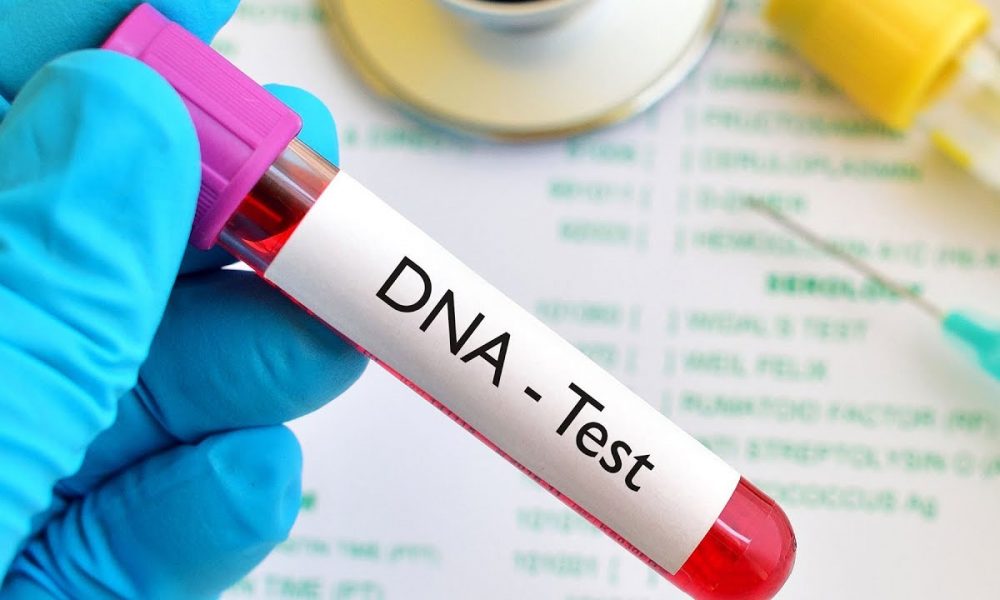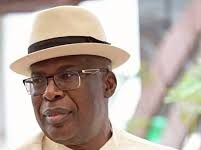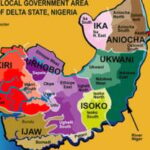Nigeria’s foremost forensic laboratory, Smart DNA Nigeria, has released its 2025 Annual DNA Testing Report — and the findings are as shocking as they are revealing.
The report shows that DNA testing in Nigeria rose sharply to 13.1% between July 2024 and June 2025, largely driven by immigration-related cases linked to the country’s ongoing Japa wave.
However, the most alarming revelation is the persistently high rate of paternity exclusions. According to the data, 25% of men tested were not the biological fathers of the children in question. Although slightly lower than the 27% recorded in 2024, the figures confirm that 1 in 4 Nigerian men who take a DNA test receive negative results.
Smart DNA further noted that firstborn children were the most affected, with 64% of disputed firstborn sons found not to belong to their presumed fathers. Firstborn daughters also showed higher rates of negative results compared to later-born children.
On immigration-linked cases, the report highlighted a major spike: “Immigration-related DNA testing rose sharply to 13.1 per cent, reflecting the unprecedented rate of Nigerians relocating abroad and seeking dual citizenship or foreign documentation for their children.”
The report also offered insights into who initiates paternity tests. Men accounted for nearly nine out of 10 cases, while women initiated just 11.8%.
Speaking on the findings, Smart DNA’s Operations Manager, Elizabeth Digia, described the trend as a wake-up call.
“Nigeria lacks specific paternity fraud laws, unlike South Africa, leaving men with little legal recourse after years of financial responsibility,” she noted.
Digia urged for legal reform, healthcare integration, and public sensitisation, stressing that many families still rely on physical resemblance to determine paternity.
“Public health campaigns should normalise paternity discussions and integrate DNA testing into pre-marital and family health programmes. Our role is to provide certainty through accurate testing while encouraging sensitive handling of the life-changing information our clients receive,” she added.
The 2025 report underscores a growing debate on trust, family structures, and social dynamics in Nigeria’s urban centres.










